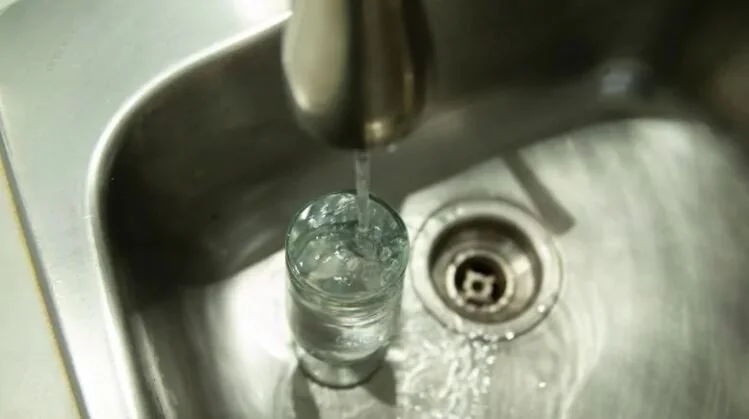Epcor began adding orthophosphate at its two local water treatment plants last week, two years later than initially planned, the utility confirmed with Postmedia. This treatment will create protective coatings inside pipes to prevent lead from leaching into drinking water, both for Epcor’s pipes and those of private property owners, in hopes of making sure lead concentration in water citywide meets Health Canada’s standards. It’s expected to take up to six months to take full effect.
Epcor to add lead-reducing chemical to Edmonton's water in 2023, two years behind schedule
Levels of lead in drinking water city-wide should begin dropping in early 2023 when orthophosphate is added at Edmonton’s water treatment plant, two years later than initially promised. Epcor announced Thursday the odourless, colourless chemical will be added to city water by early 2023. Orthophosphate creates a protective barrier inside a pipe to prevent lead from leaching into the water. Around 4,200 Edmonton homes are currently serviced by lead pipes owned by Epcor, the utility said. Adding this treatment by the end of 2020 was promised as part of broader lead-reducing plans approved by city council in March 2019 around the time Health Canada reduced the concentration of lead in water allowed to five micrograms per litre from 10 micrograms per litre.
EPCOR adjusting water chemistry to mitigate lead
Starting in December 2022, EPCOR will add orthophosphate to its treated water to reduce lead. As EPCOR is Leduc’s water provider, this includes our community’s water supply. Orthophosphate is an odorless, tasteless substance that creates a protective barrier on plumbing surfaces to reduce the release of lead in drinking water from all sources, including lead service lines and plumbing. Many municipalities across North America use orthophosphate. It has no negative health effects, and is endorsed by Alberta Health Services and Alberta Environment and Parks.
Buffalo Pound Water Treatment Plant to explore use of orthophosphate to combat lead
Cities can lower the amount of lead dissolving into residents’ water either by making their water less acidic by adjusting pH levels or adding orthophosphate to the water, which creates a protective film inside plumbing reducing the amount of lead that leaches into the water. A pilot program to begin sometime this year will look at using orthophosphate in both Regina and Moose Jaw as a way to mitigate risks of lead service connections (LSCs) present in both cities. “I am assuming there is benefit, but we have to confirm that there is,” said Ryan Johnson, president and CEO of the Buffalo Pound Water Treatment Plant in an interview Thursday.
West Saint John homes could link to new water supply in two weeks
People in six west Saint John neighbourhoods could have new drinking water in two weeks. Those areas; Randolph, Milford, Fundy Heights, Lower West, Duck Cove and Sand Cove, will be disconnected from the current groundwater well system and switched to treated water from the Loch Lomond Lakes on the city's east side as early as Feb. 12. City water commissioner Brent McGovern said there will be a changeover period of as much as two weeks during which water from both sources will be in the system.
Testing suggests 1 in 5 Winnipeg homes with lead pipes have unsafe levels of lead in drinking water
One in five Winnipeg homeowners with lead pipes will get unacceptable levels of lead in their drinking water the moment they turn on the tap, according to the City of Winnipeg. Under the city's lead water quality testing program, samples were taken from 268 homes with lead pipes between Aug. 15 and Nov. 19. The testing was done to ensure water quality met new national guidelines for lead in drinking water, which cut the acceptable amount of contamination in half last March. "Overall, the results are as expected," Renee Grosselle, manager of environmental standards with the City of Winnipeg, told reporters Tuesday afternoon.







